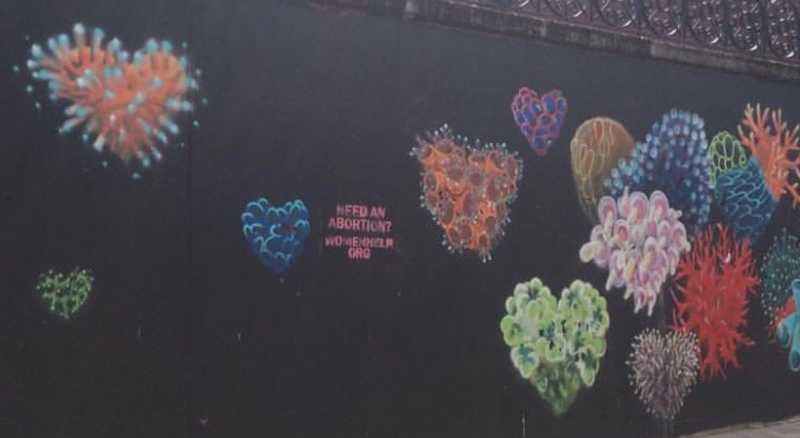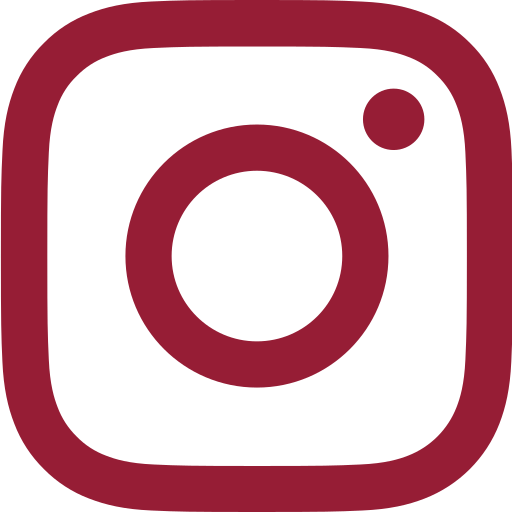Women Help Women - why we do what we do?
hari Selasa, Desember 27, 2016 blog Share
This interview with Kinga Jelinska of Women Help Women comes from ProMosaik.
The article was originally posted here:
https://promosaik.blogspot.nl/2016/11/women-help-information-for-abortion.html
by Milena Rampoldi, ProMosaik. The following challenging interview is about contraception and abortion, something anybody, man or woman, has to think in life, independently from personal opinion and reasoning. I talked to Kinga Jelinska from Women Help Women about her organization for abortion rights and understood the importance of access to information, no matter your own, personal decision.
What is the main objective WHW?
Women Help Women puts abortion pills, morning after pill and contraception where they’ve always belonged – in women’s hands.
Women have always and will always need reproductive care services including abortion, no matter what are the legal regulations. One in three women will have at least one abortion in her lifetime. It is estimated that more that 20 million illegal abortions take place every year. This is a scale of denial of abortion care that causes systematic harm and suffering of thousands of women dying and loosing their health. It is also a clear human rights violation.
When governments violate our rights, women help other women to get the services and information they need. That is why we are called women help women. We deliver services, but also involve people we help in the chain of solidarity by encouraging fierce activism for abortion rights.
Can you explain what this means in practice for you? We bridge the gap between reproductive rights advocacy efforts and service provision.
At Women Help Women we offer practical solutions. We deliver services that respond to very concrete, individual and timely need like access to abortion pills. Those medicines are sent by post to those that need them. We also offer information to people: how to get misoprostol (abortion pills) locally, how to travel to a clinic in another country (for example from Poland to Germany), what organizations can help you locally (with information, support, funding to pay for the clinic, translations etc.). Simultaneously we work for empowerment of women, women’s autonomy, choices, decriminalization of abortion and legal changes. We cherish feminist activism and community organizing.
In a nutshell: we simply trust women. They are the real experts on their own lives and we trust them with whatever choice they make. We are there to support their choices and needs. We discuss the oppressive environment in which abortion is a taboo and stigmatized topic within the patriarchal discourse. We acknowledge that abortion is a normal and very common fact of life. Access to abortion is a social good – it comes from understanding and respecting bodily autonomy, and respect for scientific facts and public health needs.
Although we work mostly on medical abortion (abortion with pills) we stand for choices: while some women might feel empowered and happy to use abortion pills on their own at home, others will prefer to have a procedure in clinical settings. All options and needs need to be equally protected. Even though women are resourceful and help each other, it is never acceptable that a state does not provide essential reproductive healthcare. Abortion must be safe, free and legal.
Which are the main services you offer?
Women Help Women runs a multilingual information center about the use of abortion pills and contraceptives. Requests for information and for help come mostly from women living in settings where access to abortion is legally restricted. People can request abortion pills and/or contraceptives online. A small package is then sent to their home address. It arrives within a couple of days.
Our team of counselors working mostly through email is based in 17 countries, speaks 7 languages, and works 16 plus hours a day every single day of the year. They assist a woman before, during and after the process. Our approach is individual, we understand that every person has different needs, and we are here to serve with information and engage in conversations.
We are in touch with many people, currently sending more than 5000 emails a month. A typical person that contacts us has children or not, is in a relation or single, is younger or older. That is to underline – that all women have abortions, they are us, our sisters, friends, neighbors.
Women Help Women also works closely with a network of activists that deliver information and help women get contraception and safe abortions in their regions. Many of our partners run safe abortion hotlines. Women, also in countries where abortion is legally very restricted, can call a number and get information on abortion pills and safe options. Such hotlines are literally a life-saver for women in countries like Poland, Indonesia, Thailand, Chile, Argentina, Kenya, Nigeria and many others. They work directly in communities to give women objective, neutral and friendly information and mental support. They are often run by feminist collectives, who do an outstanding job to empower women, and also in advocating for human rights and legal changes in their countries.
What does feminism mean to you, and how can feminism make our world better?
Feminism is a very basic notion that women are people. That means that they have equal rights, equal opportunities, ought to be treated with respect and dignity. This may sound indisputable, obvious, logical, and very rational, but is certainly not the case in most societies.
I do not have the same rights and opportunities as my male peers. There are unreasonable social pressures and expectations for me, often related to reproduction and what it means to be a woman. Additionally, in many places the policies and laws sustain the gender inequality. Think about yourself and your social environment.
The right to abortion is not a single, separated issue. It is intertwined with social-economic factors, ethnicity, gender, age, and abilities. It is also not just a health matter, it is related to societal values and patriarchal discourse. In fact abortion is a very simple and safe medical procedure. Medically, there is nothing exceptionally complex about abortion, it’s the politics that makes it scandalously complicated.
Tell us why you have decided to focus on abortion rights?
Primarily because access to abortion is a fundamental right and a matter of equality, freedom and autonomy. Also, because the lack of access to abortion causes suffering and deaths. Lastly, because those horrific consequences are completely and entirely preventable, if abortion is made legal and safe, or if women know about abortion pills and can use them, irrespectively of the regulations.
How important are resources and information for our work as women rights activists?
Women Help Women addresses an unmet need - there are millions of women that need information about, and access to contraception and abortion. However, both getting the products and information are often restricted. Governments, traditional mainstream media, and many communities censor information.
Information is power. Giving and receiving information is a human rights, and also protected by most national constitutions.
We encourage information sharing and work with partners to disseminate information. Our approach is very open source (in terms of sharing the information, tools, methodologies), and we believe open source is a basic stand for all activist and human rights initiative. We do a lot of information dissemination online. People look for information, services and products online - this is today’s reality.
We observe a lot of misinformation about abortion. Wrong or no information is often given because of ideological reasons by people opposed to abortion. Many women email us to tell they have been cheated, with deliberately incorrect information, with fake products. Our work is in fact reactive to already existing trends, we just offer the safe, reliable alternative.
Although abortion pills have been safely used by millions of women for more than 20 years, many women still do not know about this method. Mifepristone and misoprostol, the abortion pills, are very safe, studied thoroughly by most respected research institutes, and are on the list of essential medicines of the World Health Organization, which recommends which medicines are essential for human health and should be made available. Taking 1 mifepristone, and 24 hours later 4 pills of misoprostol in the first 10 weeks of pregnancy provokes an abortion. The process is just like a miscarriage, with bleeding and cramps, and can be taking place at your own home, as long as you have the information. This is a revolutionary method that a woman can have in the privacy of your own home. This simple information about the existence of abortion pills and its potential to protect health and autonomy of women must be shared as widely as possible.
There is a huge ethical value in reducing obstacle to knowledge.






